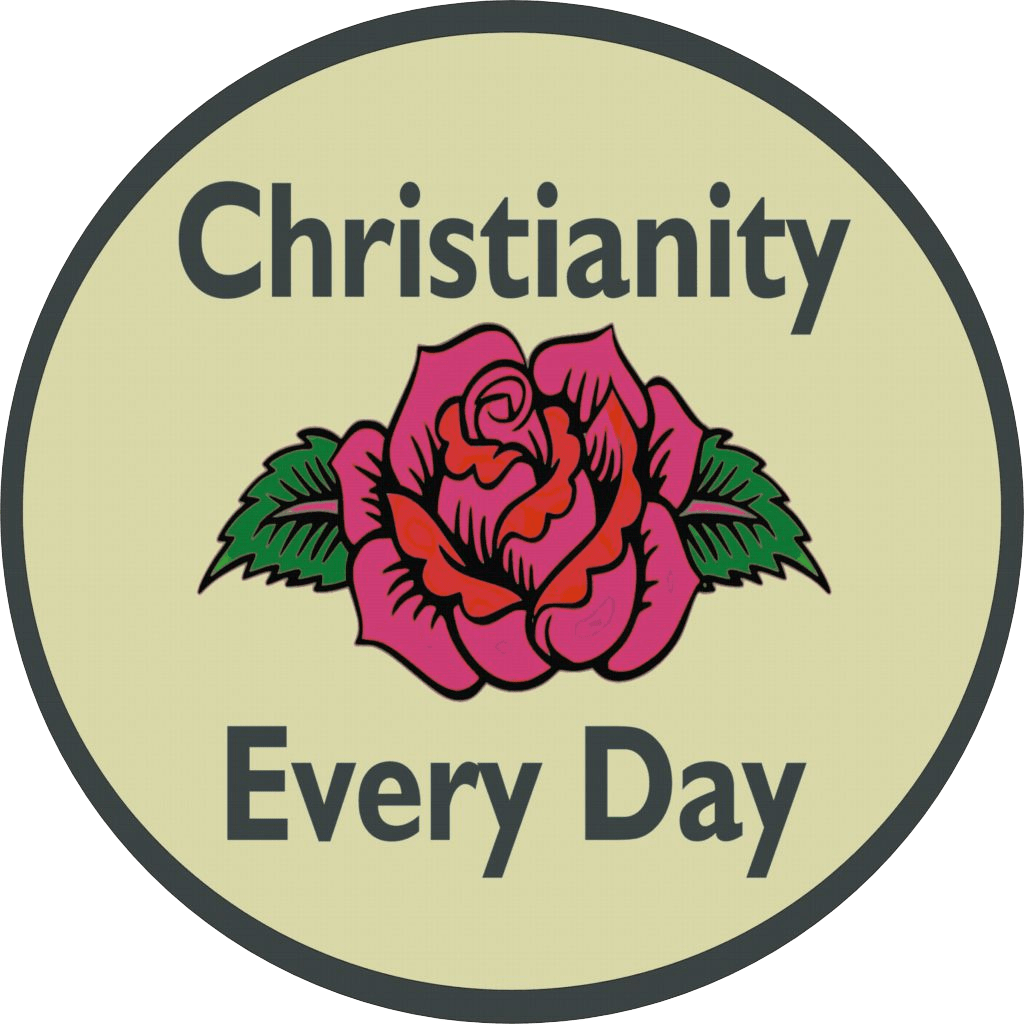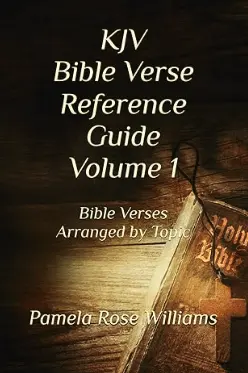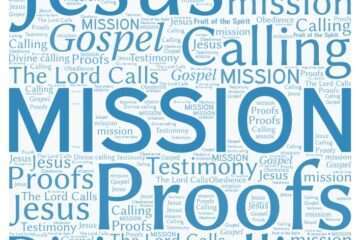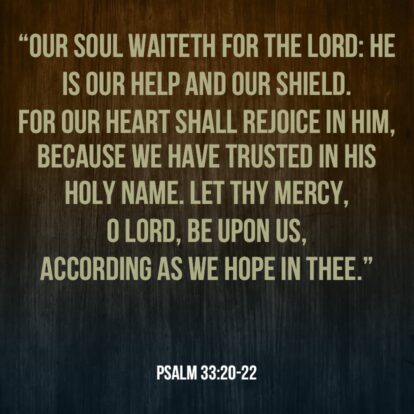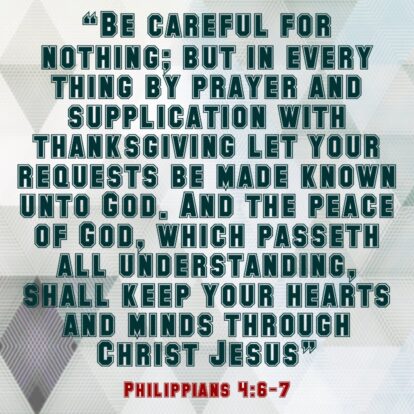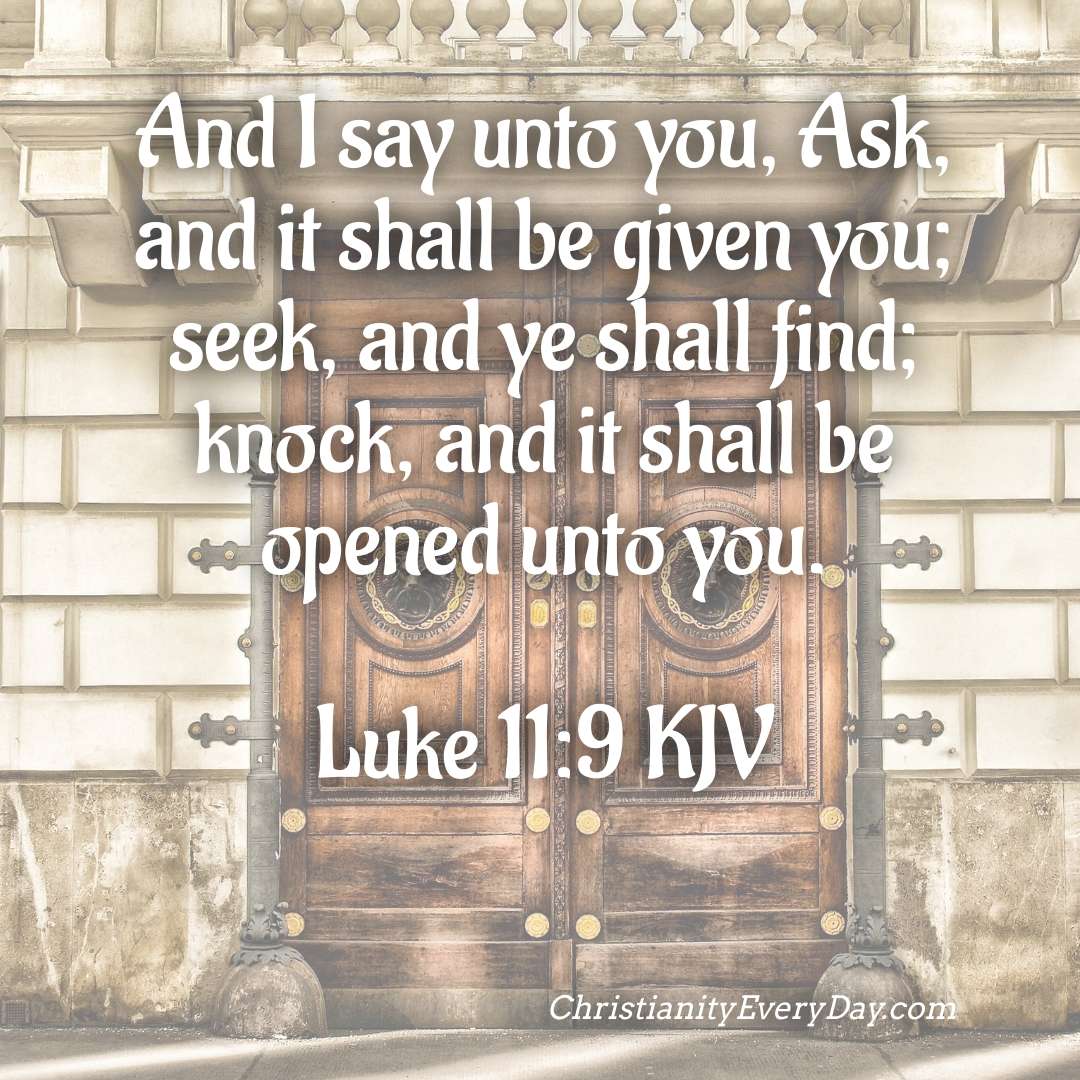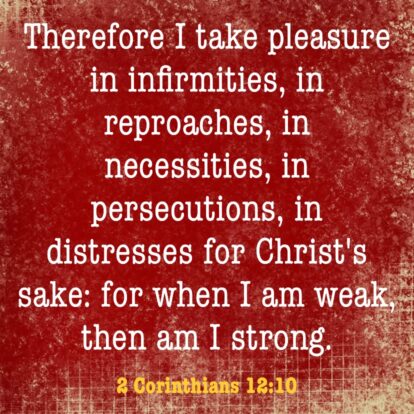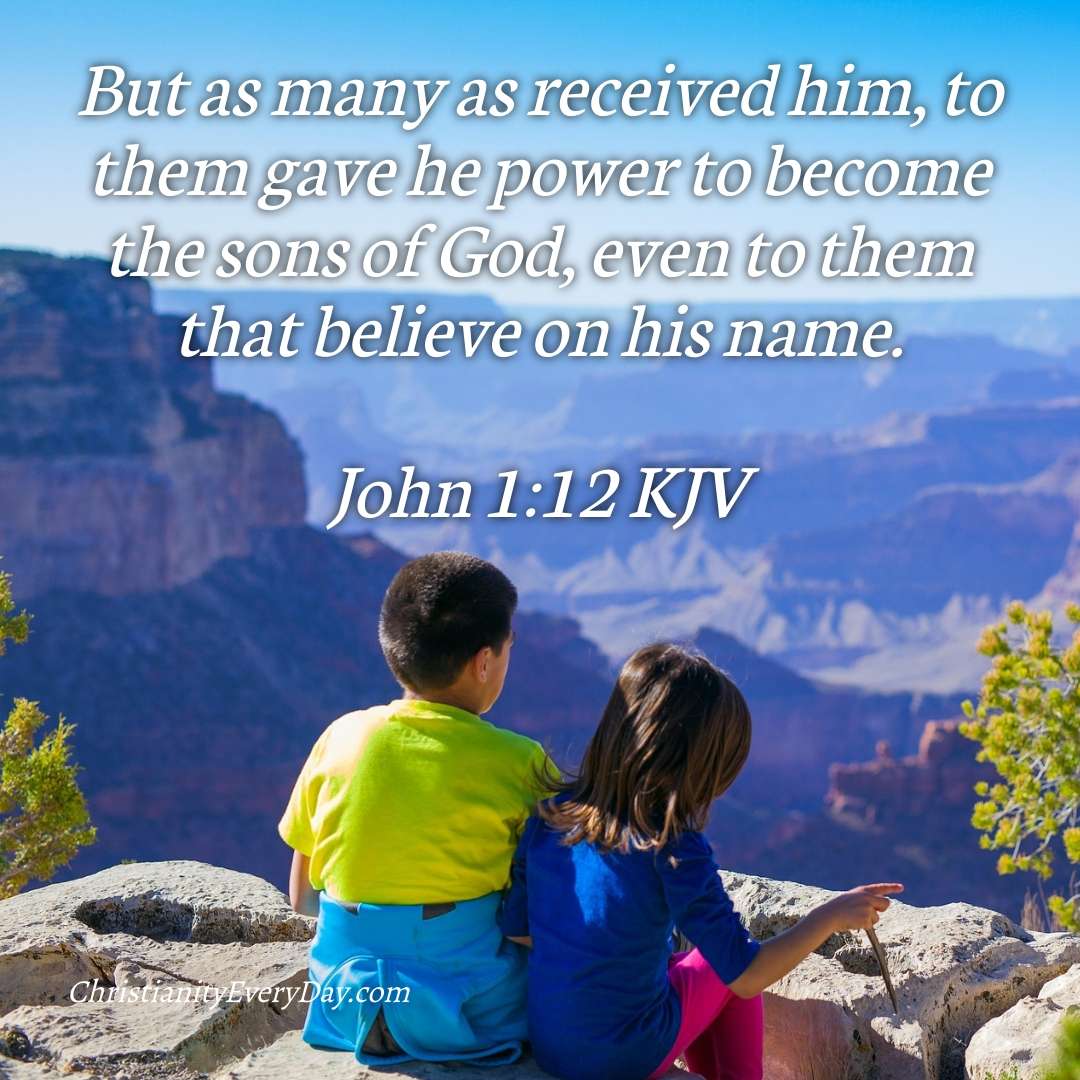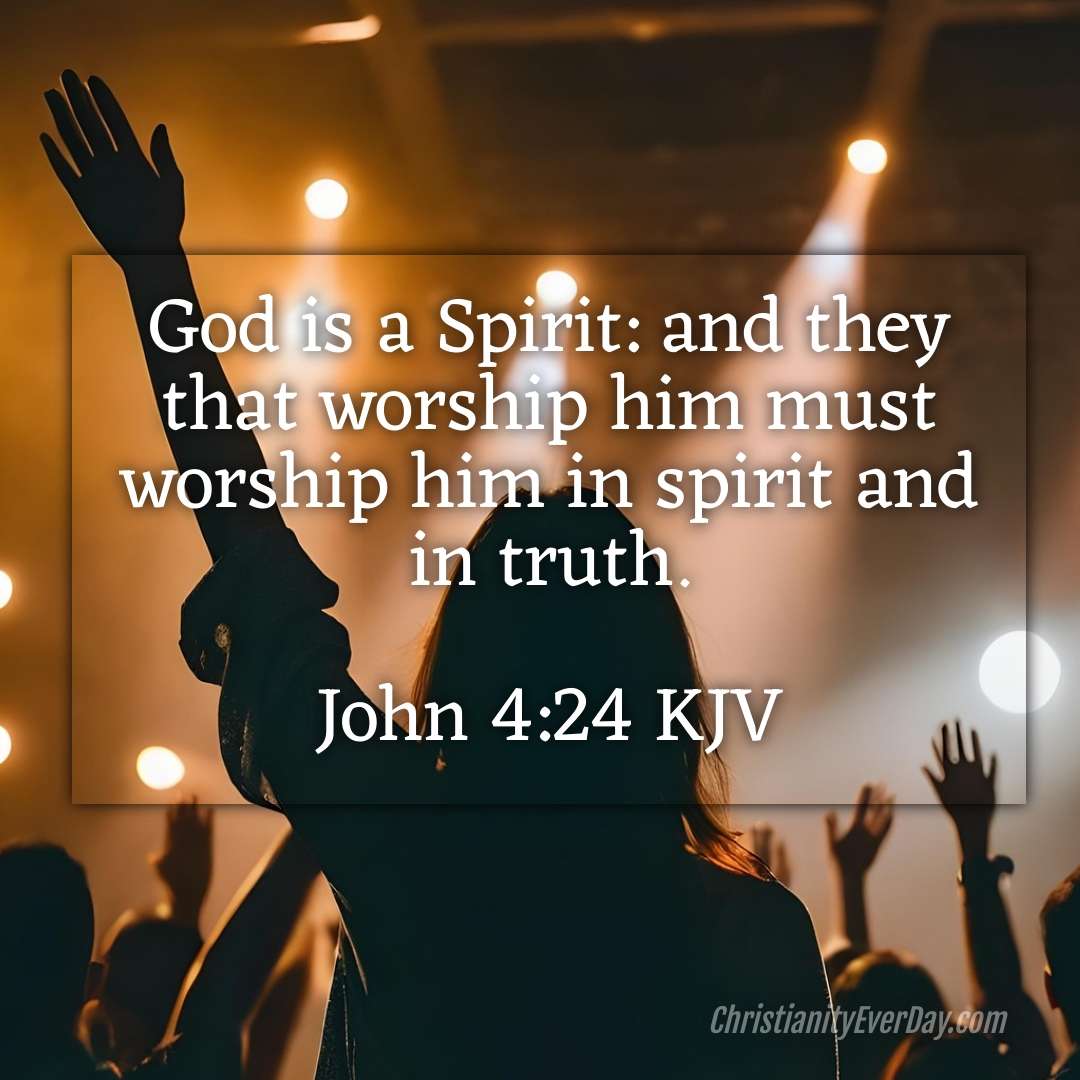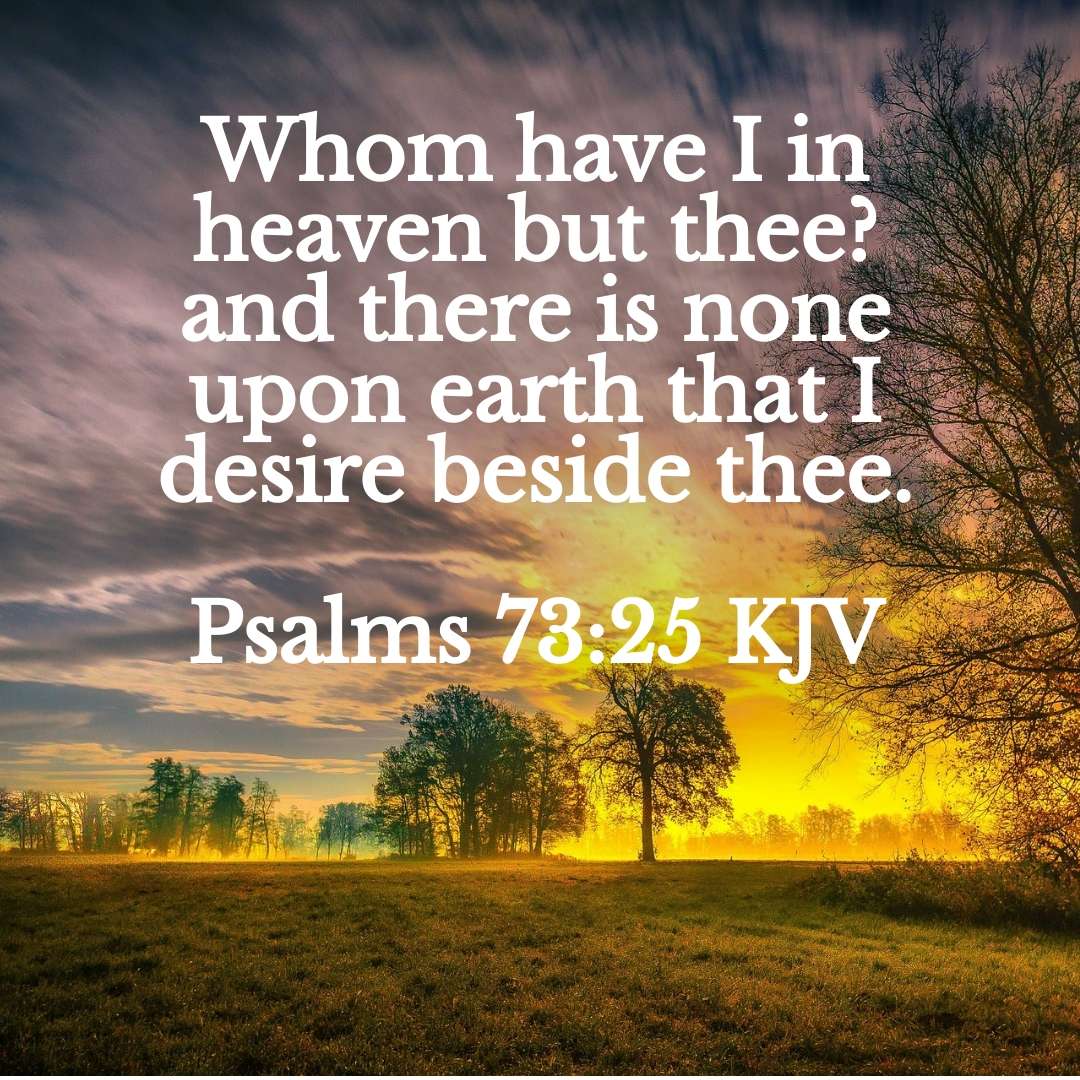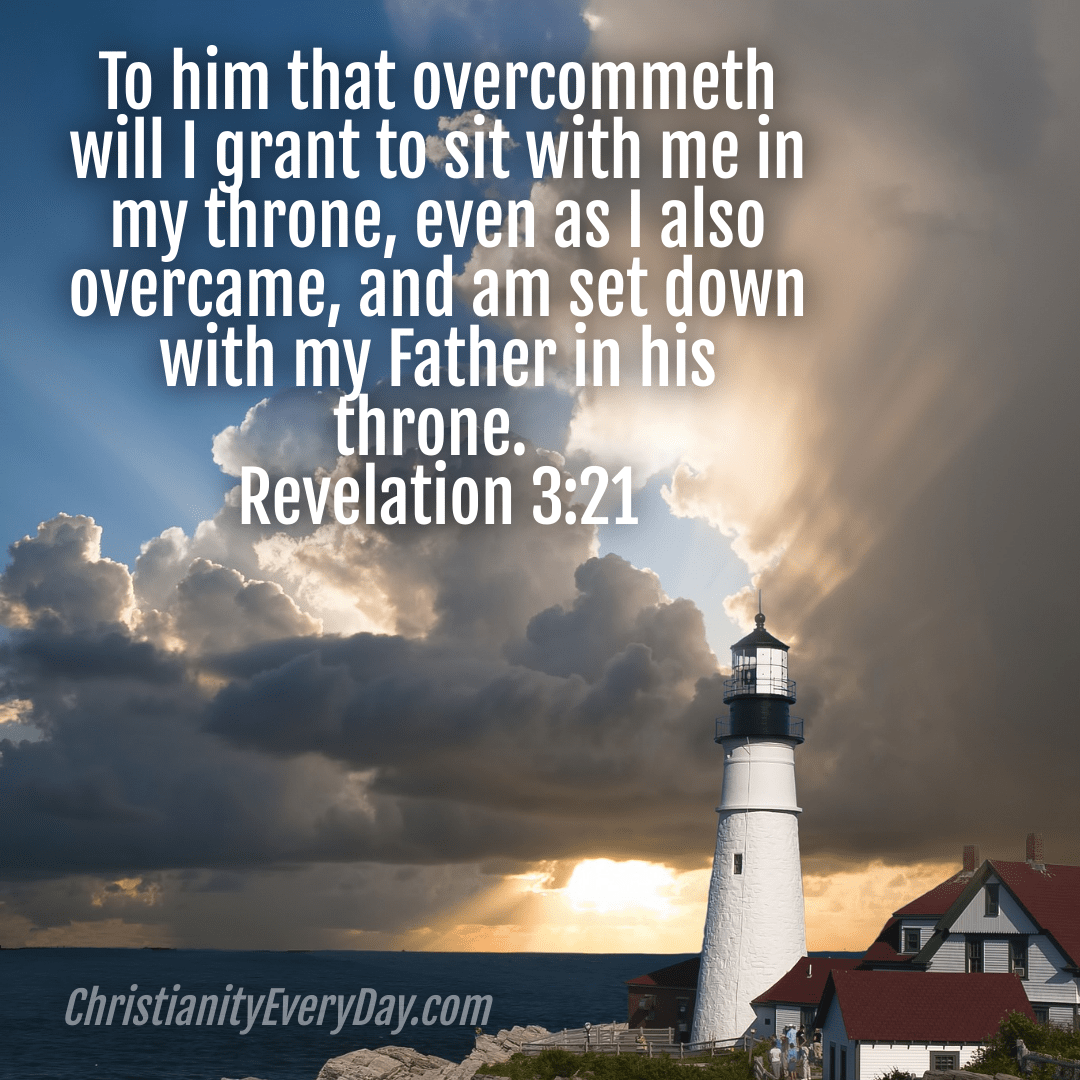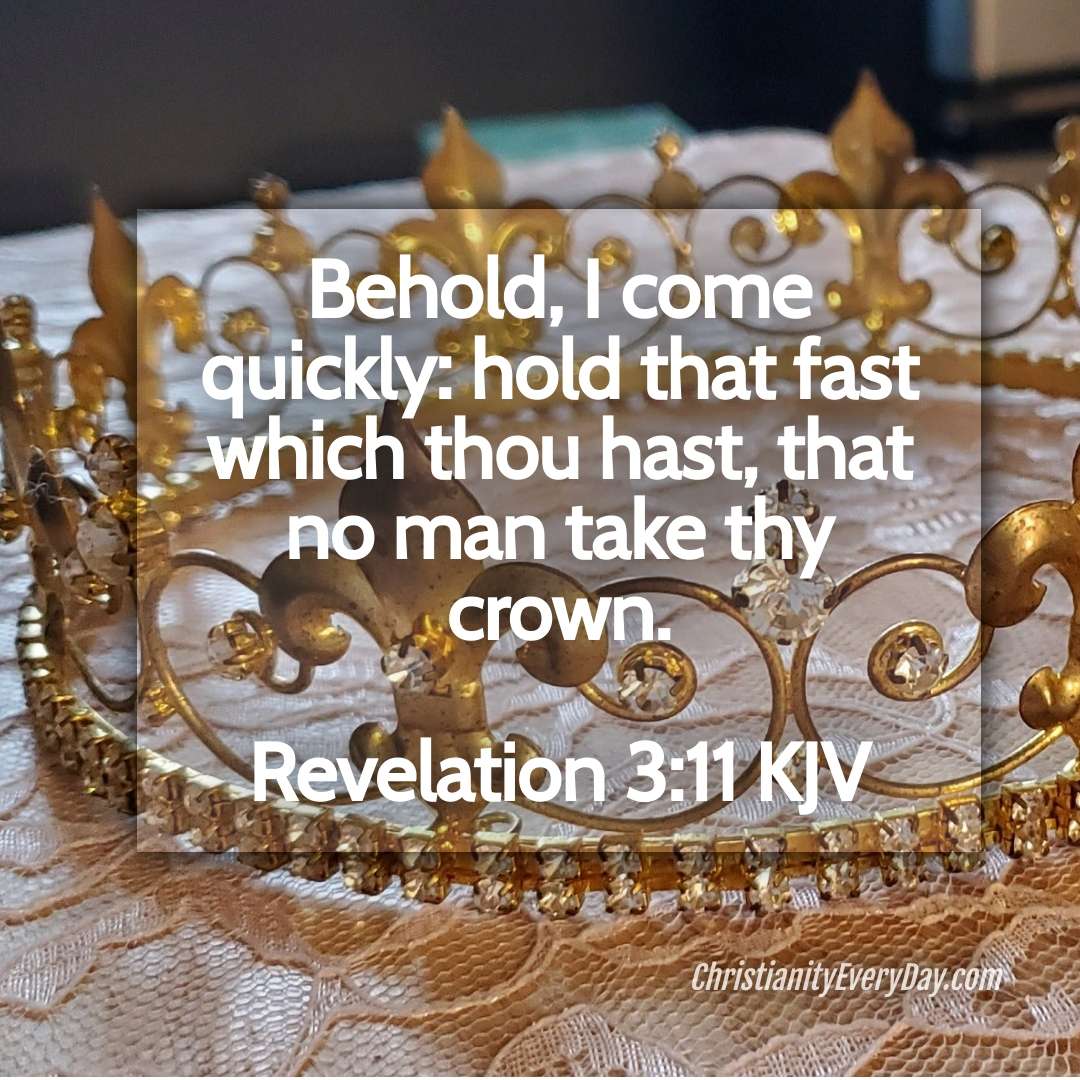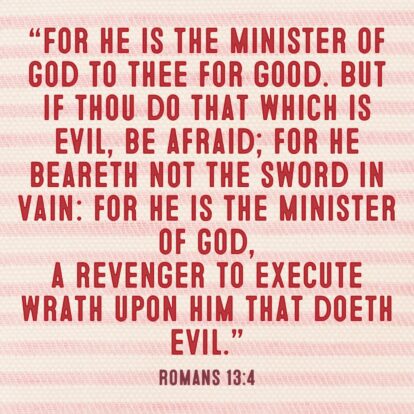By Dr. Michael Williams
Every year, America celebrates Independence Day on July 4th. During that day, many businesses are closed, and people spend the day with cookouts, getting together with friends, and watching fireworks once the sun goes down. Unfortunately, as America drifts further away from her Christian-Judeo heritage, the historical meaning of the day, along with the Biblical foundations of the day are becoming lost from the mindset of the general population. With this in mind, what does the Bible say about the Declaration of Independence?
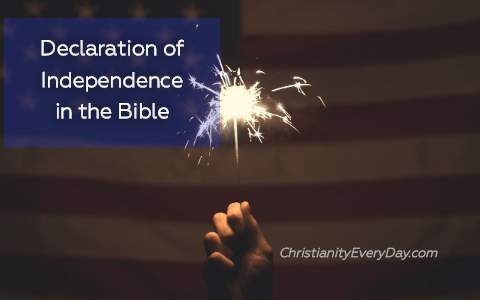 The first thing that needs to be understood is that the books, which make up the written Bible were completed about 96 A.D. with the Apostle John’s writing of the book of Revelation. This very fact means that the written Bible predates the Declaration of Independence by about 1680 years. Common sense would also tell us that if the written Bible was completed nearly 17 centuries before the Declaration of Independence, it would be highly unlikely that the Bible would mention it. An examination of the Bible bears out this fact that there is no mention of the Declaration of Independence. However, there are plenty of references to the verbiage contained in the Declaration of Independence that are spoken about in the Bible.
The first thing that needs to be understood is that the books, which make up the written Bible were completed about 96 A.D. with the Apostle John’s writing of the book of Revelation. This very fact means that the written Bible predates the Declaration of Independence by about 1680 years. Common sense would also tell us that if the written Bible was completed nearly 17 centuries before the Declaration of Independence, it would be highly unlikely that the Bible would mention it. An examination of the Bible bears out this fact that there is no mention of the Declaration of Independence. However, there are plenty of references to the verbiage contained in the Declaration of Independence that are spoken about in the Bible.
To set the historical reference of the Declaration of Independence, here is a brief excerpt from the book Silenced in the Schoolhouse, written by this author, describes the events surrounding the declaration.
Only a few short months earlier, on July 2, 1776, the Continental Congress in Philadelphia had declared independence from England after months of extensive debate. The Continental Army had been waiting during the debates in New York for the arrival of the British ships from Boston after previously encountering the British in Boston. It was not going to be a fight like the one they had recently won in Boston. While King George III earlier had lamented over sending troops 3000 miles away to kill fellow countrymen, he was now serious about putting an end to what he considered to be an insurrection caused by a few “whose corruptions are notorious”.[i]
Monday, July 1, 1776, the day before the declaration of independence from England was to be made, John Adams was preparing for the final debates to be held in the Continental Congress. He knew that when the British arrived in New York there would be great bloodshed. Yet, he understood that without the shedding of blood, there could be no freedom from tyranny. He wrote a letter to a former delegate Archibald Bulloch, who had recently become the president of Georgia, updating him on the events that had transpired and the costs to be considered:
“The object is great which we have in view, and we must expect a great expense of blood to obtain it. But we should always remember that a free constitution of civil government cannot be purchased at too dear a rate, as there is nothing on this side of Jerusalem of equal importance to mankind.”[ii]
The arguments, meetings, and debates over the weeks and months had been exhausting; yet Adams knew it was time for a decision.
After John Hancock sounded the gavel to start the proceedings, the motion was read to declare independence. John Dickinson stood to give an eloquent, but firm speech against the motion, comparing it to someone who would make the decision to “brave the storm in a skiff made of paper.”[iii] Dickinson believed that every attempt to reconcile with England should be made and that the motion to declare independence was premature. Despite his position being unpopular, he firmly argued his position as a matter of principle. When he had finished, he sat down and the room became silent except for the rain that had begun to strike the windows.
After a short while, Adams then stood to speak. The rain had become much more intense and a storm had begun to rage outside. Despite the intensity of the storm, which at other times would unnerve him, he was sensitive to the historic significance of that day. He was not a particularly graceful or eloquent speaker, yet his words would prove to be so powerful and thought provoking that the body of delegates would soon be moved from their seats.[iv] He found himself “carried out in spirit” not unlike that of some enthusiastic preachers he had heard. The debate continued that day for nine hours with a preliminary vote for a passage of the motion failing and the proceedings adjourned until the following day.
That night, while they met for food and drink in the numerous inns and taverns throughout the city, spirited discussions concerning the day’s business continued until the wee hours of the morning. Just when one would think there was enough to talk about already, word was received that the British ships from Boston had begun to arrive at New York. The word would spread through the city like wildfire and all concerned anticipated what effect this latest news would have on the next day’s proceedings.
On July 2, 1776, when Congress resumed session, inexplicably some of the delegates that had previously voted against the motion did not show up. When the preliminary arguments were completed by mid-morning, a vote was taken and the motion passed! Independence was declared! John Adams would later write to Abigail, his wife:
“The second day of July 1776 will be the most memorable epocha in the history of America. I am apt to believe that it will be celebrated by succeeding generations as the great anniversary festival. It ought to be commemorated as the Day of Deliverance by solemn acts of devotion to God Almighty. It ought to be solemnized by pomp and parade, with shows, games, sports, guns, bells, bonfires, and illuminations from one end of this continent to the other from this time forward forever more.”[v]
Later, when the Declaration was finalized and signed, Benjamin Franklin was quoted as making a sobering statement concerning the event: “We must all hang together, or most assuredly we shall hang separately.”[vi] With these words, the seriousness of what they had just done was made clear to all; that King George III would see this as an act of treason requiring their hanging. Later, they would discover that the King did have a list of names that would meet that very fate if captured.
This attitude was nothing new. A little over a year earlier, when the British Redcoats were marching on Lexington, Massachusetts, Paul Revere arrived at the house of Reverend Jonas Clark. Reverend Clark was accompanied by none other than John Adams and John Hancock. The next morning when confronted by a Redcoat Major, Reverend Clark responded to the Major’s request to lay down their arms in the name of the King by saying, “We recognize no sovereign but God and no King but Jesus.”[vii] This statement would prove to be a rallying cry throughout the revolution.
These events were not the actions of group of mere deists wanting to be rebellious against authority and their king. They were acts of men and women who carefully weighed what the were doing in light of God’s providence and authority over the affairs of the nation. The very steps they took that brought them to this day were carefully considered in light of the teachings of Scripture and they were adamant about making sure that how they proceeded was steeped in humility and reverence. Simply stated, they recognized that they were not perfect and they believed that everything they did was being watched by God.
While much more can be told about the historical events and the mindset that went into the formal Declaration of Independence, a simple examination of the Declaration of Independence in light Biblical references tells much more.
The Declaration of Independence: A Transcription
IN CONGRESS, July 4, 1776.
The unanimous Declaration of the thirteen united States of America,
When in the Course of human events, it becomes necessary for one people to dissolve the political bands which have connected them with another, and to assume among the powers of the earth, the separate and equal station to which the Laws of Nature and of Nature’s God entitle them, a decent respect to the opinions of mankind requires that they should declare the causes which impel them to the separation.
Leviticus 22:2-3; Matthew 18:15-20; Matthew 25:31-34; Mark 12:13-17; Luke 4:18; Luke 6:22-23; 2 Corinthians 6:14-18; Galatians 6:1-8; Ephesians 4:15, 25; Ephesians 4:26-27; Ephesians 4:29-30; Ephesians 4:31-32; Jude 1:17-21
We hold these truths to be self-evident, that all men are created equal, that they are endowed by their Creator with certain unalienable Rights, that among these are Life, Liberty and the pursuit of Happiness. (Leviticus 25:10; 2 Chronicles 19:7; Proverbs 24:23; Proverbs 28:21; Romans 2:11-12; Romans 8:20-21; 1 Corinthians 8:9; 2 Corinthians 3:17; Galatians 2:4; Galatians 5:1; Galatians 5:13; Ephesians 6:8-9; Colossians 3:24-25; James 1:17; James 1:23-25; James 2:1; James 2:10-12; 1 Peter 1:16-17; 1 Peter 2:15-16; 2 Peter 2:18-19)–That to secure these rights, Governments are instituted among Men, deriving their just powers from the consent of the governed, –That whenever any Form of Government becomes destructive of these ends, it is the Right of the People to alter or to abolish it, and to institute new Government, laying its foundation on such principles and organizing its powers in such form, as to them shall seem most likely to effect their Safety and Happiness (Proverbs 10:25; Luke 6:47-49; Romans 15:20; 1 Corinthians 3:9-11; Ephesians 2:19-20; 1 Timothy 6:17-19; 2 Timothy 2:19; Hebrews 11:10). Prudence, indeed, will dictate that Governments long established should not be changed for light and transient causes; and accordingly all experience hath shewn, that mankind are more disposed to suffer, while evils are sufferable, than to right themselves by abolishing the forms to which they are accustomed. (Numbers 33:55; Deuteronomy 11:22-23; Judges 2:20-21; 1 Samuel 8; 1 Samuel 12: 14-15; 1 Samuel 15:11; 1 Samuel 15:23; 1 Samuel 15:26-28; Job 34:17-19; Job 41:34; Psalms 47:7; Psalms 63:11; Proverbs 20:8; Revelation 17:14) But when a long train of abuses and usurpations, pursuing invariably the same Object evinces a design to reduce them under absolute Despotism, it is their right, it is their duty, to throw off such Government, and to provide new Guards for their future security.–Such has been the patient sufferance of these Colonies; and such is now the necessity which constrains them to alter their former Systems of Government. The history of the present King of Great Britain is a history of repeated injuries and usurpations, all having in direct object the establishment of an absolute Tyranny over these States. To prove this, let Facts be submitted to a candid world.
He has refused his Assent to Laws, the most wholesome and necessary for the public good. (Ezra 7:26)
He has forbidden his Governors to pass Laws of immediate and pressing importance, unless suspended in their operation till his Assent should be obtained; and when so suspended, he has utterly neglected to attend to them. (Numbers 11:16-17)
He has refused to pass other Laws for the accommodation of large districts of people, unless those people would relinquish the right of Representation in the Legislature, a right inestimable to them and formidable to tyrants only. (Isaiah 51:4)
He has called together legislative bodies at places unusual, uncomfortable, and distant from the depository of their public Records, for the sole purpose of fatiguing them into compliance with his measures.
He has dissolved Representative Houses repeatedly, for opposing with manly firmness his invasions on the rights of the people. (Proverbs 31:9; Jeremiah 50:34)
He has refused for a long time, after such dissolutions, to cause others to be elected; whereby the Legislative powers, incapable of Annihilation, have returned to the People at large for their exercise; the State remaining in the mean time exposed to all the dangers of invasion from without, and convulsions within. (Psalms 61:3)
He has endeavoured to prevent the population of these States; for that purpose obstructing the Laws for Naturalization of Foreigners; refusing to pass others to encourage their migrations hither, and raising the conditions of new Appropriations of Lands. (Exodus 12:48-49; Exodus 22:21)
He has obstructed the Administration of Justice, by refusing his Assent to Laws for establishing Judiciary powers. (Proverbs 21:3; Isaiah 59:4)
He has made Judges dependent on his Will alone, for the tenure of their offices, and the amount and payment of their salaries. (2 Chronicles 19:6; Job 9:24)
He has erected a multitude of New Offices, and sent hither swarms of Officers to harrass our people, and eat out their substance. (John 7:32)
He has kept among us, in times of peace, Standing Armies without the Consent of our legislatures.
He has affected to render the Military independent of and superior to the Civil power.
He has combined with others to subject us to a jurisdiction foreign to our constitution, and unacknowledged by our laws; giving his Assent to their Acts of pretended Legislation:
For Quartering large bodies of armed troops among us: (Exodus 22:21; Zechariah 7:10)
For protecting them, by a mock Trial, from punishment for any Murders which they should commit on the Inhabitants of these States: (Exodus 20:16; Proverbs 12:17; Proverbs 25:18; Matthew 26:59-60; 2 Corinthians 11:3)
For cutting off our Trade with all parts of the world: (Luke 10:30)
For imposing Taxes on us without our Consent: (Zephaniah 3:9)
For depriving us in many cases, of the benefits of Trial by Jury: (Matthew 18: 15-20)
For transporting us beyond Seas to be tried for pretended offences (Hebrews 11:36)
For abolishing the free System of English Laws in a neighbouring Province, establishing therein an Arbitrary government, and enlarging its Boundaries so as to render it at once an example and fit instrument for introducing the same absolute rule into these Colonies: (Deuteronomy 19:14; Deuteronomy 27:17; Proverbs 23:10-11)
For taking away our Charters, abolishing our most valuable Laws, and altering fundamentally the Forms of our Governments: (Deuteronomy 4:2; Proverbs 28:4; Isaiah 40:8)
For suspending our own Legislatures, and declaring themselves invested with power to legislate for us in all cases whatsoever.
He has abdicated Government here, by declaring us out of his Protection and waging War against us.
He has plundered our seas, ravaged our Coasts, burnt our towns, and destroyed the lives of our people.
He is at this time transporting large Armies of foreign Mercenaries to compleat the works of death, desolation and tyranny, already begun with circumstances of Cruelty & perfidy scarcely paralleled in the most barbarous ages, and totally unworthy the Head of a civilized nation.
He has constrained our fellow Citizens taken Captive on the high Seas to bear Arms against their Country, to become the executioners of their friends and Brethren, or to fall themselves by their Hands. (Exodus 21:16; Nehemiah 5:8; Proverbs 17:11; Isaiah 1:23)
He has excited domestic insurrections amongst us, and has endeavoured to bring on the inhabitants of our frontiers, the merciless Indian Savages, whose known rule of warfare, is an undistinguished destruction of all ages, sexes and conditions. (Exodus 22:22; Psalms 94:3-6; Matthew 18:6; )
In every stage of these Oppressions We have Petitioned for Redress in the most humble terms: Our repeated Petitions have been answered only by repeated injury. A Prince whose character is thus marked by every act which may define a Tyrant, is unfit to be the ruler of a free people. (1 Kings 3:9; Proverbs 29:8)
Nor have We been wanting in attentions to our Brittish brethren. We have warned them from time to time of attempts by their legislature to extend an unwarrantable jurisdiction over us. We have reminded them of the circumstances of our emigration and settlement here. We have appealed to their native justice and magnanimity, and we have conjured them by the ties of our common kindred to disavow these usurpations, which, would inevitably interrupt our connections and correspondence. They too have been deaf to the voice of justice and of consanguinity. We must, therefore, acquiesce in the necessity, which denounces our Separation, and hold them, as we hold the rest of mankind, Enemies in War, in Peace Friends. (2 Peter 2:19)
We, therefore, the Representatives of the united States of America, in General Congress, Assembled, appealing to the Supreme Judge of the world for the rectitude of our intentions, do, in the Name, and by Authority of the good People of these Colonies, solemnly publish and declare, That these United Colonies are, and of Right ought to be Free and Independent States; that they are Absolved from all Allegiance to the British Crown, and that all political connection between them and the State of Great Britain, is and ought to be totally dissolved; and that as Free and Independent States, they have full Power to levy War, conclude Peace, contract Alliances, establish Commerce, and to do all other Acts and Things which Independent States may of right do. And for the support of this Declaration, with a firm reliance on the protection of divine Providence, we mutually pledge to each other our Lives, our Fortunes and our sacred Honor. (Matthew 18:17; Romans 16:17; 2 Corinthians 6:14-18)
Signatures attached
While there are many more Bible verses that apply along with historical accounts in Scripture, it is clear that the grievances that the colonists were presenting to the King were in keeping with what God said should be expected of a protectorate. Likewise, what many people today do not realize is that the colonists were very aware that declaring independence was not Biblically allowable; at least not until the British Parliament passed the Prohibitory Act on December 22, 1775. The following excerpt from Chapter Three of Silenced in the Schoolhouse explains as follows.
Before then, there had been a series of acts passed by Parliament applying to the colonies that restricted trade; navigation; allowed for illegal searches; restricted the uses of currency; applied duties on documents through stamps; required colonists to house troops; added duties on goods; and restricted the importing of tea except through the British East India Tea Company.
These acts would have all been considered unconstitutional against British subjects anywhere else in the world. This was the main premise for why the colonists objected to these acts. When their grievances were not redressed, as required by law, the colonists resisted these acts as being unlawful, first through their elected representatives and later, by boycotts and force.
When the Prohibitory Act was passed it literally forced the hand of the colonists. The Act literally declared “America to be an independent hostile state.”[viii] This act was passed by Parliament in response to a speech that had been given on October 26, 1775 by King George III urging Parliament to legally remove the colonists from his protection and treat them as foreign enemies. The act declared war against the thirteen colonies, forbade all trade with them, and set up a naval blockade. John Adams wrote a letter to General Horatio Gates concerning the act:
“It throws thirteen Colonies out of the royal protection, levels all distinctions, and makes us independent in spite of our supplications and entreaties…It may be fortunate that the Act of Independence should come from the British Parliament rather than the American Congress; but it is very odd that Americans should hesitate at accepting such a gift from them.”[ix]
Edmund Quincy, another founder, would point out: “it is a maxim of common law according to William Blackstone that upon the duties of Kings; that, when protection ceaseth, allegiance ceaseth to be the duty of the subject.” This meant that legally, the colonists were no longer subjects of the King because the King no longer protected them.[x] Blackstone was a well known jurist and professor of law who wrote Commentaries on the Laws of England from 1765-1769.[xi] His commentaries on law are still highly regarded today.
Little, if anything, is written in most modern textbooks about the details of the Prohibitory Act, but Biblically speaking, it was very important. Numerous times in Scripture, God removed His blessings from the Israelites for their rebellion throughout the entire Old Testament (Numbers 20:24, Numbers 27:12-14; Deuteronomy 1:26-37, Deuteronomy 9:7-8, Joshua 22:22; 1 Kings 12:19, etc.) Fearing the same, the founding fathers knew that submission to the King and His ordained government was commanded by God; not to do so would be the sin of rebellion. The Bible addresses rebellion in several places:
(1 Samuel 15:23) For rebellion is as the sin of witchcraft, and stubbornness is as iniquity and idolatry. Because thou hast rejected the word of the LORD, he hath also rejected thee from being king.
(Psalm 66:7) He ruleth by his power for ever; his eyes behold the nations: let not the rebellious exalt themselves. Selah.
(Proverbs 17:11) An evil man seeketh only rebellion: therefore a cruel messenger shall be sent against him.
Once the Prohibitory Act passed, the King no longer had authority over the colonists. Biblically speaking then, declaring independence would not be an act of rebellion. However, since the people were no longer under the authority of the King, a new authority had to be created. By declaring independence, a new authority was created, and the rest of the world was served notice that a new nation had been born. Technically speaking then, America was independent on December 22, 1775, but was not born as a new nation until the first signatures were placed on the final draft of the Declaration of Independence on July 4, 1776.
There was a second reason for declaring independence. According to Thomas Jefferson’s autobiography, there was a concern amongst those debating independence that if the thirteen colonies were not to unanimously declare independence and identify themselves as a new nation, France and Spain might try to reclaim by force the colonies they had lost to England. Likewise, without a declaration, there was the concern that the English might give the same colonies to France and Spain in consideration for their help in the matter.[xii]
In consideration of what we have just learned, it can be clearly seen that the foundations of faith that the founding fathers had put in place played a key role in the events of their time. Likewise, it can be clearly seen that the foundations of faith that America has abandoned is playing a key role in her demise. As we drift further away from God, there is only one solution as found in Scripture:
(2 Chronicles 7:14 KJV) “If my people, which are called by my name, shall humble themselves, and pray, and seek my face, and turn from their wicked ways; then will I hear from heaven, and will forgive their sin, and will heal their land.”
In conclusion, what does the Bible say about the Declaration of Independence? Quite a bit. However not too many people know it anymore.
________________________________________
All references as listed in Silenced in the Schoolhouse bibliography. Numbers changed for web publication.
[i] McCullough, David. 1776, 15.
[ii] McCullough, David. John Adams. 125-126.
[iii] McCullough, David. John Adams. 126.
[iv] McCullough, David. John Adams. 127.
[v] McCullough, David. John Adams. 129-130.
[vi] Bartlett, John.https://www.bartleby.com/100/245.21.html
[vii] Jennings, Charles A. https://www.truthinhistory.org/NoKing.htm
[viii] Fisher, Gene & Chambers, Glen, p. 42
[ix] Newman, Joseph, et al., p. 69
[x] Fisher, Gene & Chambers, Glen, p. 73.
[xi] Wikipedia,https://en.wikipedia.org/wiki/William_Blackstone
[xii] Jefferson, Thomas, Autobiography by Thomas Jefferson 1743-1790,

Dr. Michael L. Williams, Head of Ministry Operations and Technology at Christianity Every Day, is a Christ-centered Author, Educator, Biblical Counselor and Advisor. He is ordained in Pastoral Ministry and formerly the founding Pastor of Selah Mountain Ministries, a church started along with his wife, Pamela Rose, after several years of pastoral experience and training in Biblical Counseling. Selah Mountain provided Biblical counseling and education to the public on how to overcome life issues Biblically on topics such as anger management, marriage, addictions, and other subjects – often referred to as mental illnesses. To learn more about Dr. Mike visit the About page.
